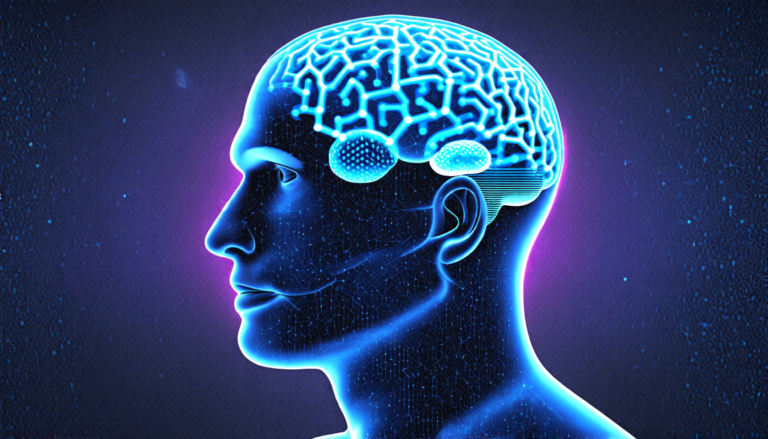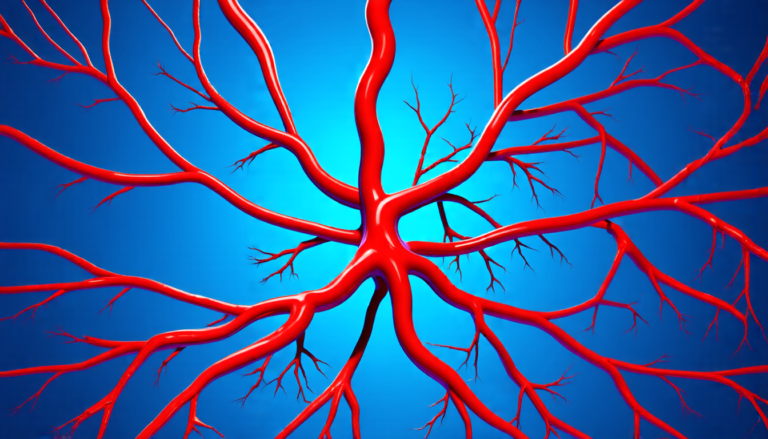Friday 07 March 2025
A benchmark for measuring artificial intelligence (AI) has been under scrutiny recently, with some experts arguing that it’s not fit for purpose. The ARC-AGI benchmark, designed to test a machine’s ability to abstract and reason, has been criticized for being too simple and allowing AI systems to cheat by relying on memorization rather than genuine understanding.
The problem lies in the way the tasks are structured. Each task involves identifying a pattern or relationship between objects, which can be easily solved by brute force searching through vast amounts of data rather than requiring any real insight. This means that even relatively simple AI systems can achieve high scores by generating a large number of possible solutions and then checking which ones work.
This approach is not only inefficient but also misleading. It gives the impression that the AI system has achieved a level of intelligence when in reality it’s just relying on its ability to process vast amounts of data quickly. This can lead to a false sense of progress towards developing truly intelligent machines.
One of the main criticisms of ARC-AGI is that it doesn’t test for common sense or real-world understanding. For example, an AI system might be able to solve a complex mathematical problem but struggle to apply that knowledge in a practical situation. This highlights the need for benchmarks that go beyond just testing computational ability and instead focus on how well a machine can understand and interact with the world.
A new benchmark has been proposed that aims to address these issues by providing AI systems with a wider range of tasks that require more nuanced understanding and problem-solving skills. The goal is to create a system that not only processes information but also understands the context and implications of that information.
This new approach involves creating virtual worlds or scenarios where an AI system must navigate and make decisions based on incomplete or uncertain information. This requires the machine to use its reasoning abilities to fill in gaps and make predictions, rather than just relying on memorization or brute force searching.
The potential benefits of this new benchmark are significant. It could lead to the development of more sophisticated AI systems that are better equipped to handle complex real-world problems. This could have far-reaching implications for fields such as medicine, finance, and transportation, where AI is being increasingly relied upon to make critical decisions.
However, there is still much work to be done before this new benchmark can be fully implemented. It will require significant advances in areas such as natural language processing, computer vision, and machine learning.
Cite this article: “Evaluating Artificial Intelligence: A New Benchmark for Measuring Machine Learning”, The Science Archive, 2025.
Artificial Intelligence, Benchmark, Reasoning, Memorization, Understanding, Context, Problem-Solving, Machine Learning, Natural Language Processing, Computer Vision







